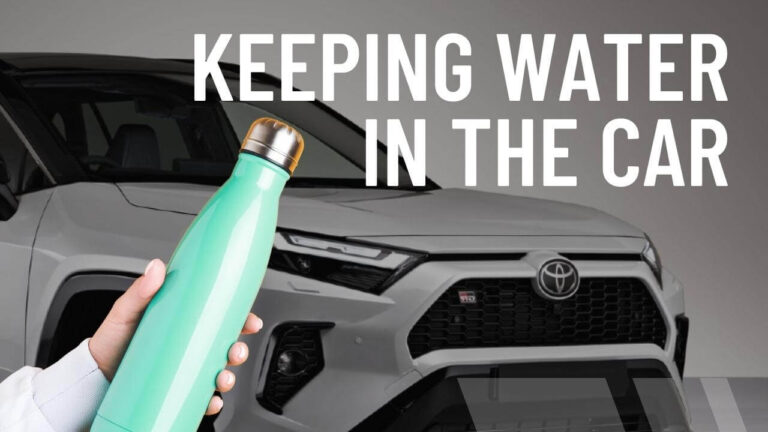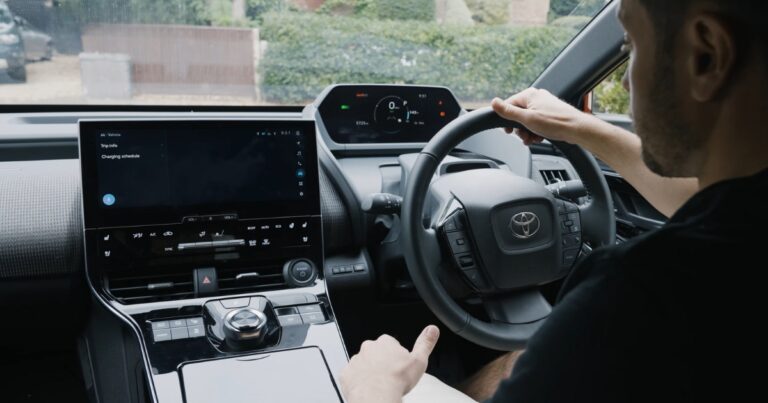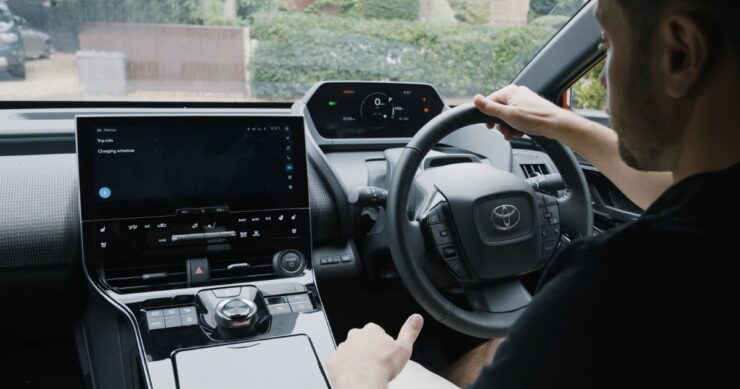As humans, we need water to survive. It is a fundamental component of our body, and it’s essential to stay hydrated to maintain good health. In fact, our body is made up of around 60% water, and it’s crucial to keep ourselves hydrated, especially when traveling. This is where keeping water in the car comes into play. In this article, we will discuss the importance of hydration and why it’s crucial to keep water in your car.
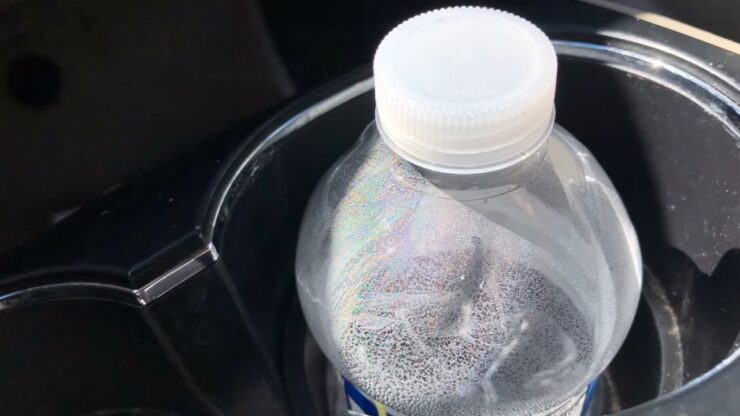
Why is hydration important?
Hydration is essential for our bodies to function correctly. It helps regulate body temperature, transport nutrients, and oxygen to the cells, and remove waste. It also plays a crucial role in maintaining healthy skin and lubricating joints. In addition, drinking water can help boost energy levels and reduce the risk of developing various health problems, such as kidney stones and urinary tract infections.
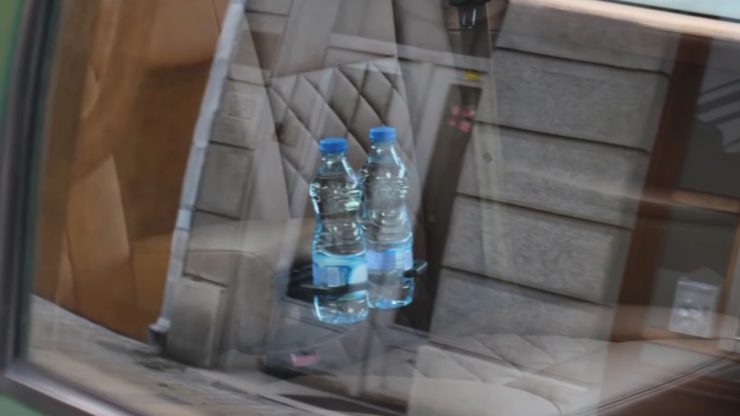
Importance of Keeping Water in the Car
Now that we know why hydration is essential, let’s discuss why it’s crucial to keep water in your car. First and foremost, it’s essential to stay hydrated while driving, especially during long trips. Driving for extended periods can lead to fatigue, and being dehydrated can make this even worse. Dehydration can cause headaches, dizziness, and confusion, which can be dangerous when operating a vehicle.
In addition, keeping water in your car can be essential in emergencies. If your car breaks down or you are stranded on the side of the road, having water on hand can be life-saving. Extreme temperatures, whether hot or cold, can cause dehydration, and having water can help regulate your body temperature and prevent heatstroke or hypothermia.
Furthermore, if you’re traveling with children or pets, it’s essential to have water on hand for them as well. Children and pets are more susceptible to dehydration and heat exhaustion, and having water in the car can help prevent these issues.
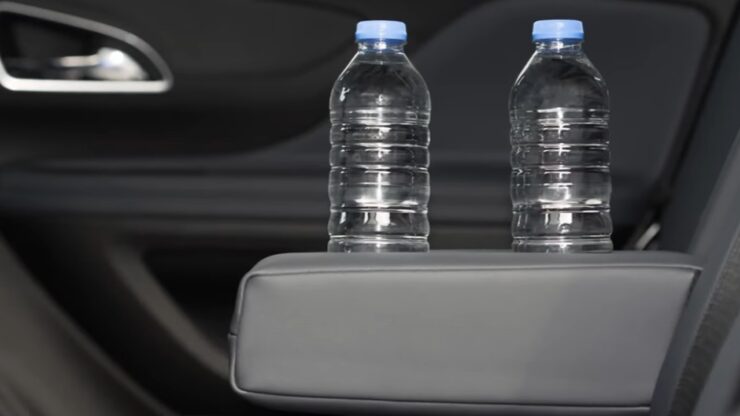
Tips for Keeping Water in the Car
Now that we understand the importance of keeping water in the car, let’s discuss some tips for doing so. First, invest in a reusable water bottle that can be refilled. This is a great way to reduce waste and save money, as you can refill the bottle with tap water instead of buying bottled water.
Second, consider purchasing a car cooler or insulated bag to keep your water cool, especially during hot summer months. This can also be used to store other beverages and snacks.
Third, make it a habit to bring a water bottle with you whenever you leave your car, whether it’s for a short trip or a long road trip. This ensures that you always have water on hand, no matter where you are.
Secret Dangers of Drinking Bottled Water
Bottled water is a convenient option for people who are always on the go and need access to clean drinking water. While it’s true that bottled water can be a safer and more convenient option than tap water in some cases, it’s important to be aware of the secret dangers of drinking bottled water. In this article, we’ll discuss some of the potential health and environmental risks associated with bottled water consumption.
Chemical Contamination
One of the main concerns with bottled water is the potential for chemical contamination. Chemicals such as Bisphenol A (BPA) and phthalates are commonly used in the production of plastic bottles and can leach into the water over time. These chemicals have been linked to a range of health problems, including cancer, hormonal disruptions, and developmental problems in children.
In addition to chemical contamination from the bottles, bottled water can also be contaminated with harmful chemicals from the water source itself. Studies have found that some bottled water brands contain high levels of arsenic, lead, and other contaminants that can be harmful to human health.
Environmental Impact
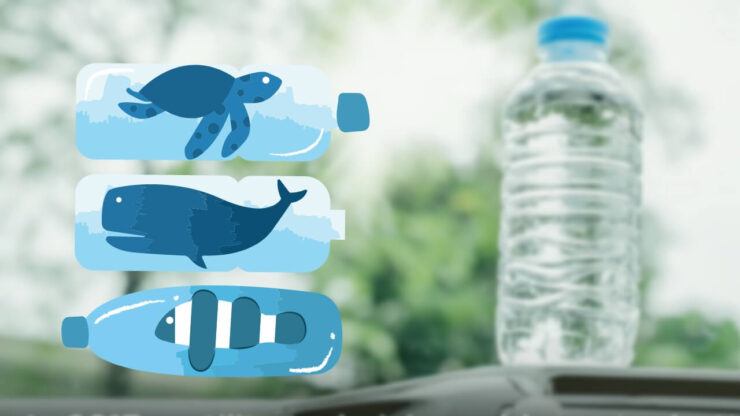
Another significant concern with bottled water is the environmental impact. The production and disposal of plastic bottles contribute to pollution and can harm wildlife and ecosystems. It’s estimated that over 8 million tons of plastic end up in our oceans every year, much of which is from single-use plastic bottles.
In addition to the environmental impact of the plastic bottles, the transportation and distribution of bottled water also have a significant carbon footprint. The transportation of bottled water requires a lot of fuel, which contributes to greenhouse gas emissions and climate change.
Cost
Bottled water can also be costly compared to tap water. The cost of bottled water is often much higher than the cost of tap water, which is usually safe to drink and regulated by the Environmental Protection Agency (EPA). In some cases, bottled water can cost up to 2000 times more than tap water, which can add up over time.
Alternatives to Bottled Water
There are several alternatives to bottled water that can help reduce the environmental impact and potential health risks associated with bottled water. One option is to use a water filter at home to purify tap water. This can be a cost-effective and environmentally-friendly option that can provide clean drinking water without the need for plastic bottles.
Another option is to carry a reusable water bottle with you and fill it up at water fountains or other sources of safe drinking water. This can help reduce the amount of plastic waste generated by bottled water and save money over time.
Staying Hydrated While On the Road
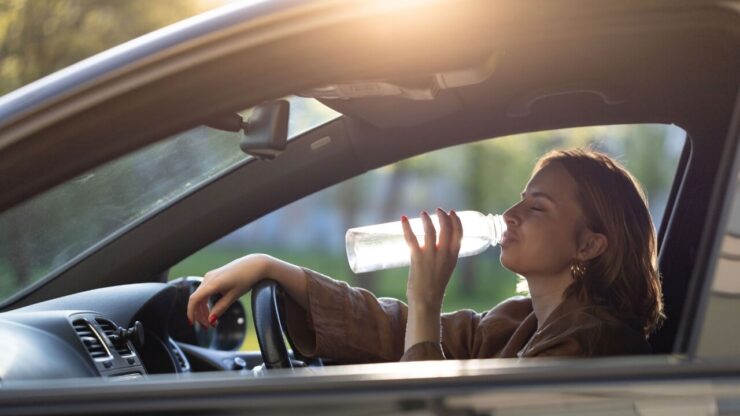
Staying hydrated is important for overall health and well-being, but it can be especially challenging while on the road. Whether you’re traveling for work or pleasure, it’s important to make hydration a priority. In this article, we’ll discuss some tips and strategies for staying hydrated while on the road.
Bring Your Own Water Bottle
One of the easiest ways to stay hydrated while on the road is to bring your own water bottle. This allows you to fill up at water fountains or other sources of safe drinking water and avoid the need to purchase bottled water. Reusable water bottles are also environmentally friendly and can help reduce plastic waste.
Pack Hydrating Foods
In addition to drinking water, you can also stay hydrated by packing hydrating foods. Fruits and vegetables such as watermelon, cucumbers, and strawberries are high in water content and can help keep you hydrated throughout the day. Snacks such as trail mix and nuts can also help keep you hydrated and provide a boost of energy.
Avoid Caffeine and Alcohol
Caffeine and alcohol are both diuretics, which means they can cause dehydration by increasing urine output. While it may be tempting to indulge in a cup of coffee or a cocktail while on the road, it’s important to limit your consumption of these beverages and opt for water instead.
Take Frequent Breaks
If you’re driving, it’s important to take frequent breaks to stretch your legs and stay hydrated. This allows you to refill your water bottle, use the restroom, and move your body to prevent stiffness and fatigue.
Use a Hydration App
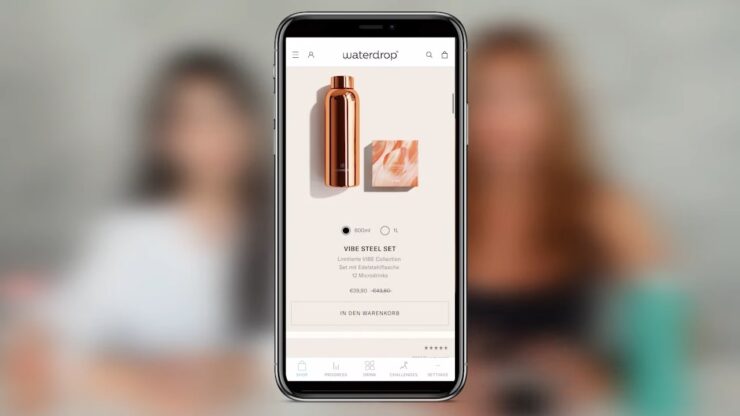
There are several hydration apps available that can help remind you to drink water throughout the day. These apps allow you to set reminders and track your water intake, making it easier to stay hydrated while on the road.
Choose Water-Based Activities
If you’re traveling for leisure, consider choosing water-based activities such as swimming or kayaking. These activities not only provide a fun way to stay active, but they also help keep you cool and hydrated in hot weather.
Conclusion
Staying hydrated while on the road is important for overall health and well-being. By bringing your own water bottle, packing hydrating foods, avoiding caffeine and alcohol, taking frequent breaks, using a hydration app, and choosing water-based activities, you can make hydration a priority while traveling. With these tips and strategies, you can stay hydrated and feel your best, no matter where your travels take you.
Related Posts:
- Why Is My Car Leaking Water? - Decoding the Mystery…
- Toyota Car Dealer Near Harford County MD - Car Buying Tips
- What's the Best Toyota Car for Car Camping? A…
- Toyota Car Dealer Near Bel Air 2024 - Best Place For…
- Difference Between 235 and 245 Tires - Best Suited…
- Why Is My Car Burning Oil? - Toyota Cars Burning Questions

